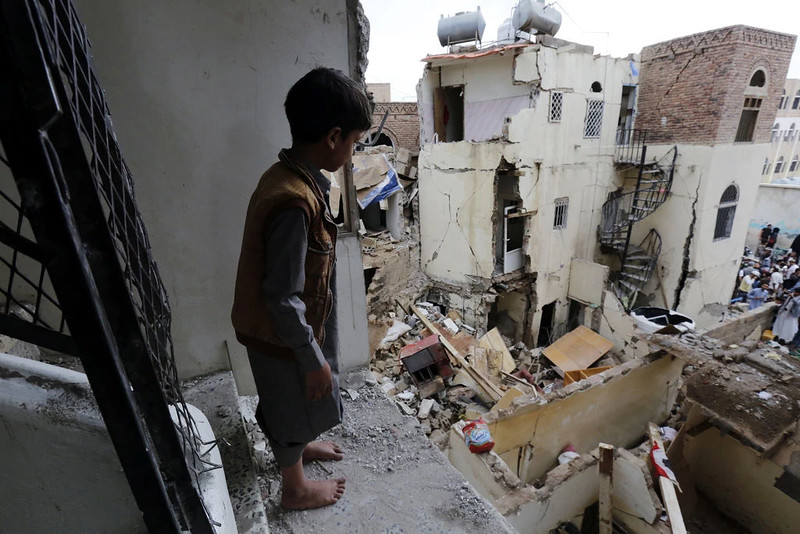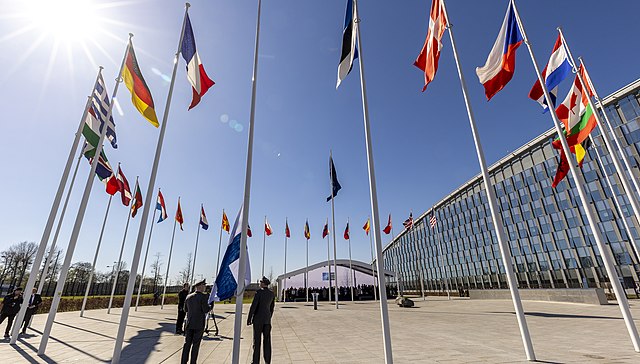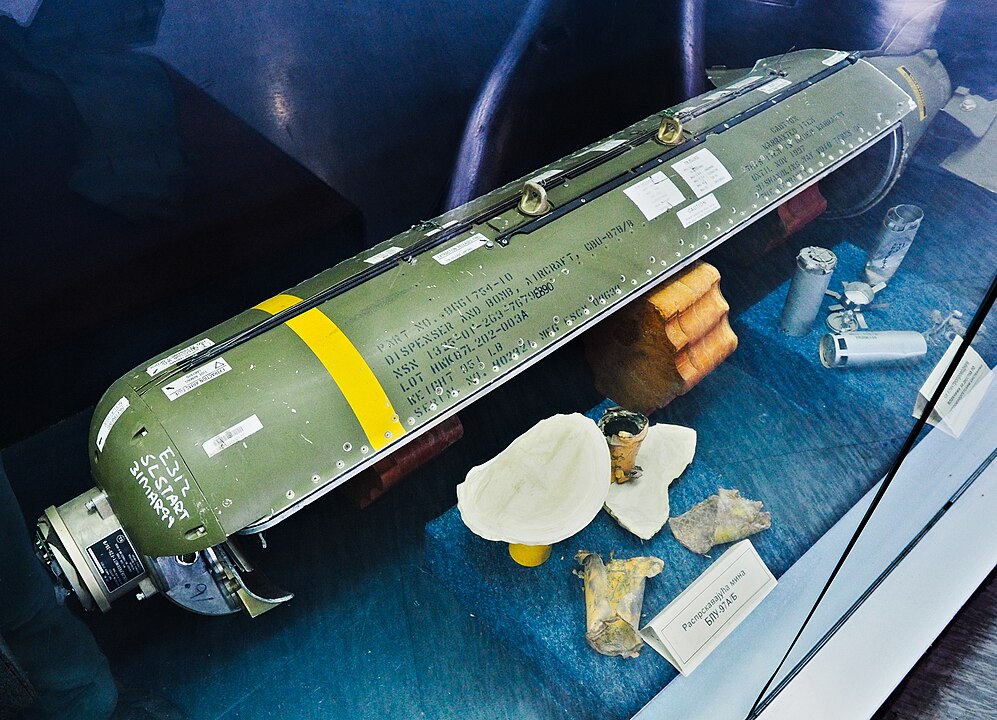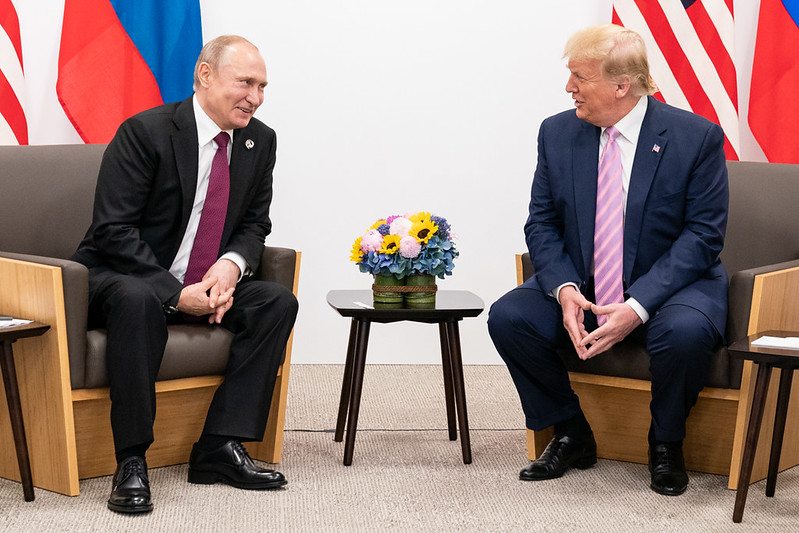“The impacts of the global arms trade aren’t just about the volume of weapons delivered,” said one expert, citing “a few examples of how U.S. arms deliveries can make the world a more dangerous place.”
By Brett Wilkins. Published 3-13-2023 by Common Dreams
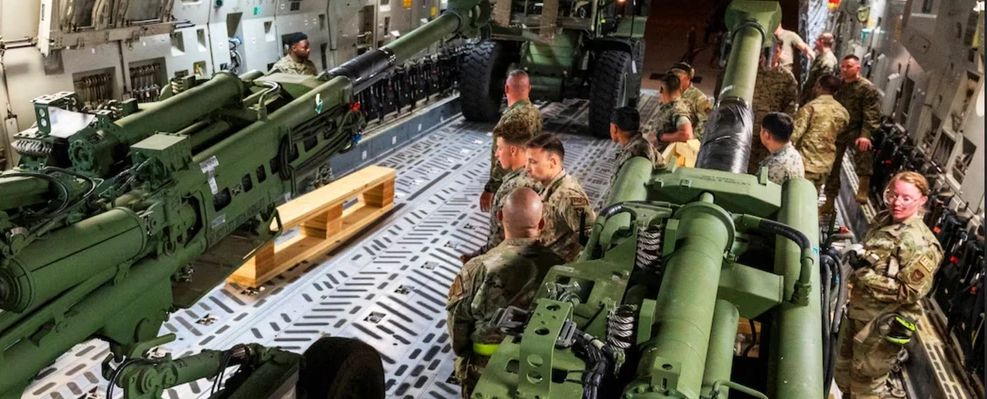
U.S. Air Force members load 155 mm M777 towed howitzers onto a C-17 Globemaster III on March Air Reserve Base in California on April 27, 2022. (Photo: U.S. Air Force Staff Sgt. Shawn White)
A Sweden-based research institute published a report Monday showing that the United States accounted for 40% of the world’s weapons exports in the years 2018-22, selling armaments to more than 100 countries while increasing its dominance of the global arms trade.
The report—entitled Trends in International Arms Transfers, 2022—was published by the Stockholm International Peace Research Institute (SIPRI) and listed the United States, Russia, France, China, and Germany as the world’s top five arms exporters from 2018-22. The five nations accounted for 76% of worldwide weapons exports during that period.
The five biggest arms importers over those five years were India, Saudi Arabia, Qatar, Australia, and China.
The United States saw a 14% increase in arms exports over the previous five-year period analyzed by SIPRI. U.S. arms were delivered to 103 nations from 2018-22, with 41% going to the Middle East.
“Even as arms transfers have declined globally, those to Europe have risen sharply due to the tensions between Russia and most other European states,” Pieter Wezeman, senior researcher at the SIPRI Arms Transfers Program, said in a statement. “Following Russia’s invasion of Ukraine, European states want to import more arms, faster. Strategic competition also continues elsewhere: Arms imports to East Asia have increased and those to the Middle East remain at a high level.”
According to the report, Russia’s invasion of Ukraine early last year “had only a limited impact on the total volume of arms transfers in 2018–22, but Ukraine did become a major importer of arms in 2022.”
Ukraine was the 14th-largest arms importer from 2018-22 and the third-biggest last year.
Wiliam Hartung, a senior research fellow at the Washington, D.C.-based Quincy Institute for Responsible Statecraft, wrote Monday that “the impacts of the global arms trade aren’t just about the volume of weapons delivered. The question is how those weapons are likely to be used, and the extent to which they promote stability versus fueling conflict or propping up repressive regimes with abysmal human rights records.”
“On this score the United States has much room for improvement,” he continued. “Transfers to Saudi Arabia and the United Arab Emirates for use at the peak of their brutal war in Yemen, and sales to major human rights violators from the Philippines, Egypt, and Nigeria are a few examples of how U.S. arms deliveries can make the world a more dangerous place.”
“There are a number of promising steps that Congress can take—as articulated by a new coalition, the Arms Sales Accountability Project—that would mandate closer scrutiny of U.S. sales,” Hartung asserted.
“There is also some useful language in the Biden administration’s new arms transfer policy directive, that, if implemented, would significantly rein in the most egregious sales,” he added. “Only time will tell if U.S. policy can be moved towards one based on arms sales restraint rather than arms sales promotion.”
This work is licensed under Creative Commons (CC BY-NC-ND 3.0).






